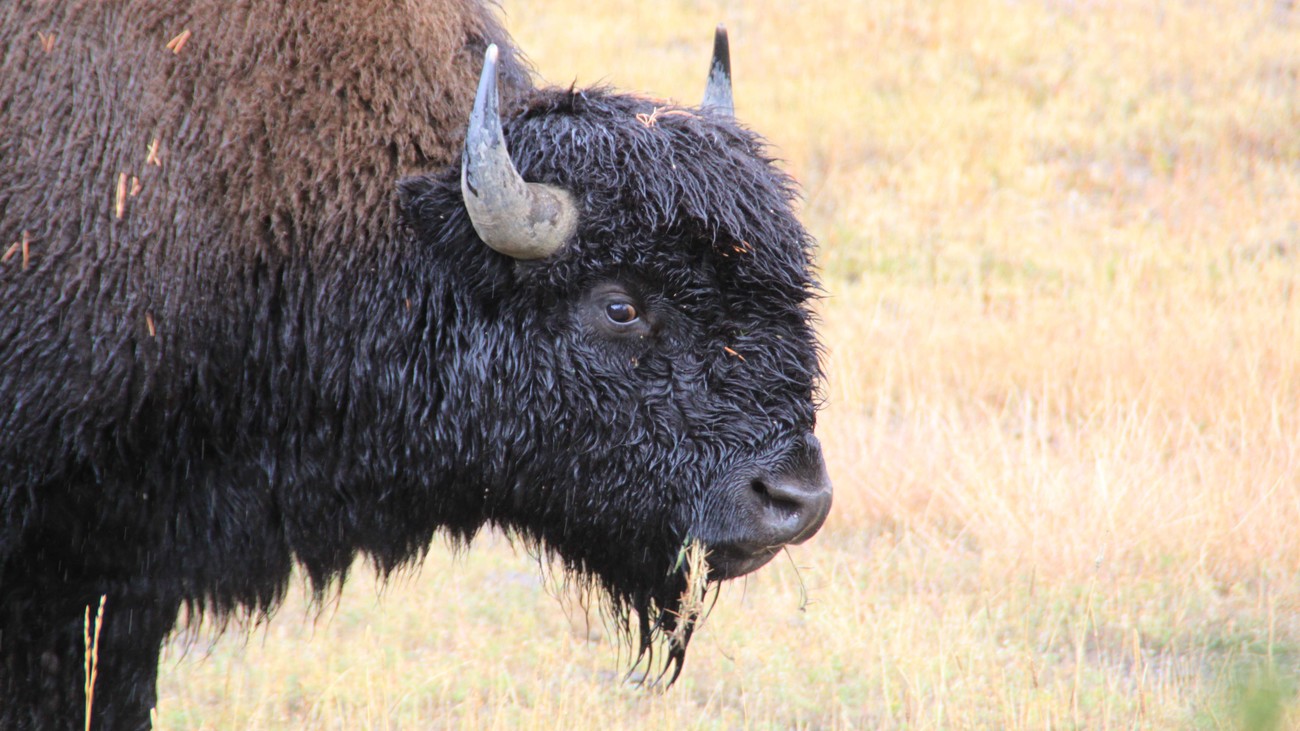Kate Wall
biodiversity: a crucial component of combating the environmental crisis
biodiversity: a crucial component of combating the environmental crisis

The reintroduction of grey wolves to Yellowstone National Park in 1995 initiated an unexpected ripple effect whose events are still unfolding. Somewhat counterintuitively perhaps, the reincorporation of an apex predator caused the ecosystem to flourish and diversify all along the food chain. The wolves changed the behaviour of the local elk, giving the forests more time to regenerate, which ultimately helped change the course of the rivers, attract more birds, and create additional habitable space for beavers. Beavers, in turn, are ecosystem engineers, meaning that they alter their habitat to support a greater abundance of plants and animals. The ecosystem had been missing a crucial component for years, and the wolves transformed Yellowstone, making it lush and biodiverse once again.
Most of us can agree that more plant and animal life in Yellowstone is a welcome headline, but with a growing list of emergencies calling our attention, biodiversity might not seem to measure up. The true stakes of biodiversity, however, exist beyond the restoration of our beautiful natural landscapes, and are, in fact, integrally tied to the survival of humanity.
We are in the midst of a biodiversity crisis. According to the May 2019 Global Assessment Report on Biodiversity and Ecosystem Services by the Intergovernmental Science-Policy Platform on Biodiversity and Ecosystem Services, extinction rates are tens to hundreds of times higher than the baseline rate, and still increasing, with as many as one million species already facing extinction. As seen with wolves in Yellowstone, every species within an ecosystem serves an important function, so these great losses could mean the collapse of ecosystems worldwide.
Recognizing the critical need for biodiversity
Humans, like every other species on the planet, are dependent on healthy ecosystems for our survival. Functioning ecosystems supply our most fundamental needs, like oxygen, clean water, and food security. A report released earlier this year, The Economics of Biodiversity: The Dasgupta Review, illustrates just how embedded our economies are within nature, and how nature is an asset, with biodiversity the key ingredient that enables nature to be productive and sustaining. Protecting biodiversity is also essential for public health. An estimated half of antibiotics and cancer medicines, and up to 70% of all modern pharmaceuticals, are rooted in natural sources. The COVID-19 crisis brings urgency to understanding the role of biodiversity loss in pathogen spread: as species disappear, we see increases in zoonotic spillover from host species into human beings. In addition, increased contact between humans and wild animals caused by human encroachment into new land creates more opportunities for these pathogens to spread.
Just last month, the UN Environment Programme released a report, Making Peace with Nature, stressing the fundamental need to address our multiple environmental crises together, not separately. That is a critical message. Attention is often focused - and rightly so - on climate change, but the biodiversity crisis is equally urgent, and inextricably linked to the climate itself. Climate change drives biodiversity loss, and loss of biodiversity (such as the destruction of forests) contributes to climate change. The two are related in another way as well: biodiversity is the planet's mechanism for mitigating the effects of climate change. Healthy habitats store excess carbon, reduce the impacts of flooding and storms, and minimize the effects of pollution. There is a tendency to see climate change as something that affects us, and biodiversity as something that affects life forms other than us. This is based on the false presupposition that humans are separate from the natural world when we are, in fact, very much a part of it.
What happened at Yellowstone is a testament to the complexity of nature, and to how much is yet unknown. Researchers are still working to understand the great effect that the wolves had in revitalizing their ecosystem. Our limited knowledge means that, sadly, we do not know the full scope of how the biodiversity crisis we are facing will ravage the planet we live on. On the other hand, the story of Yellowstone reminds us of nature's resilience. Often, all that is required from us is a simple solution and nature will take care of the rest, if we let it take its course.
-Kate Wall, Senior Legislative Manager & Adina Nadler, Legislative Intern, US
Related content
Our work can’t get done without you. Please give what you can to help animals thrive.